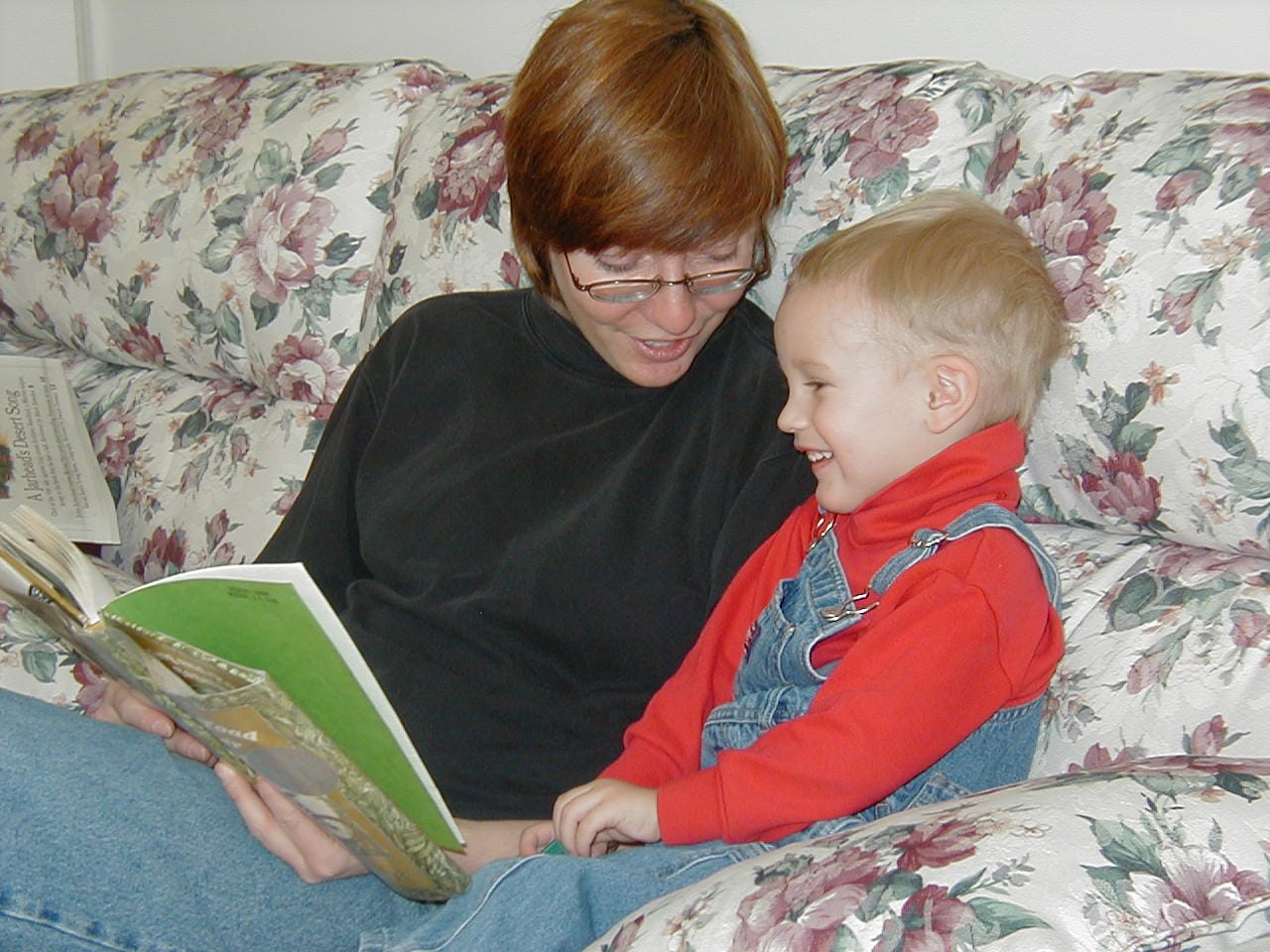Toad’s Lesson
Make list.

One of the things that makes children worthwhile is that you learn things from their books. Take the Frog and Toad stories, for example, wherein we learn that Toad has a terrific life hack: he starts his day’s to-do list with “wake up.” This allows him to immediately cross something off and thus appear productive simply by virtue of having survived the night.
It sounds silly that this could be revelatory but, reading this story to my son when he was about three, I suddenly realized that I needed to start my to-do lists with this every day: “make list.” Once I took up this practice, starting my daily list became weirdly pleasurable, the way the first few steps of a long hike can feel, your backpack cinched just right.
Taking Toad’s idea a little further, I realized a few years ago while struggling against depression that the way to keep myself going when times were tough was to list all sorts of things I would have to do regardless of the day, because this would allow me to keep crossing things off even if I wasn’t getting very much else done. It would reduce my self-loathing.
A student in an "ask me anything" session asked me a few years ago what I do when I'm at risk of slipping into serious depression, and I explained to her that I take up this kind of emergency to-do-list practice, starting each day by making a list of things that I know will help keep me from deep blackness: make list; make the bed; eat breakfast; go outside and walk for at least one hour in the morning and one hour in the afternoon; call a friend and talk for a half hour; eat five fruits or vegetables; eat lunch; feed the squirrels; take 1 Tylenol every 4 hours while awake; eat dinner; drink 1 glass of water each hour (and no alcohol).
Depression, I explained to her, turns you somewhat robotic before it makes you immobile. If you can take advantage of the robotic phase with a very detailed to-do list of things that are doable, you might just avoid the immobility phase.
These days, my non-depression to-do lists all start the same way:
Make list
Breakfast
Lunch
Dinner
Meditate
Exercise
Shower
Rest
After that, my lists vary depending on the day, but having this steady basic list allows me to give myself credit for doing the basics – to give myself a little grace, as they say, even when I'm not having mental health struggles.
The lists definitely help; I did a short study on myself and discovered I am about 80% more likely to meditate and 175% more likely to exercise if I just put these things on my list in the morning. Importantly, I forgive myself whatever I don't get done each day, because I've learned you can't face tomorrow's list if you're self-flagellating over the failure of today's list.
When my son was little, reading Frog and Toad also gave me the idea of doing to-do lists with him when we were facing one of those days where I had to get so many things done and somehow keep him from getting bored and cranky. If we made a to-do list together, he could feel he had some say in how the day would go. I could also let him decide the order in which we would do things and let him do the crossing-off. (He couldn't read yet – he was a late reader – but if I drew pictures next to the items on the list, he could remember what the words said.)
One day, when he was about five, we had such a list: go to the bank, the post office, the grocery store, the hardware store, Goodwill, and on and on. After I had written down (with pictures) all the things I really needed to do, I asked him what else he wanted on the list.
He named that he wanted to go to his favorite bookstore where they had a toy train set for kids to play with and he wanted to walk down to the river together to see the water flow. He suggested these things for the list with the same earnestness I had evinced for all the “must do’s,” and so he reminded me that these were also “must do’s” because of the meaning they held for him. (Adults often think children's wants and problems and concerns are trivial, but they forget that no one's wants and problems and concerns are trivial to them.)
Just as I thought we had our whole list, my son told me to write down one more thing: “Alice takes nap.” He had stopped taking naps at about eighteen months of age, but he could tell I was tired and, like all children, he wanted his mother to feel okay.
Now, when I write “rest” each day on my list, I think of that moment my young son gave me permission to not do anything for a little while. What a fine, long gift that has been.

